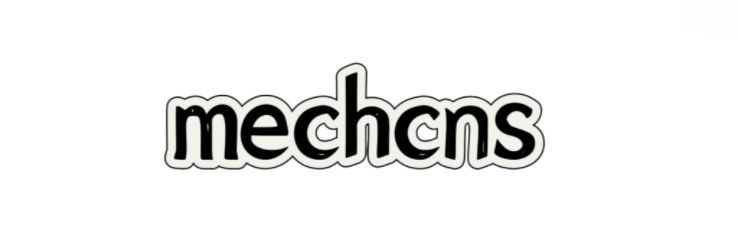Revolutionizing Forging: Benefits of Closed-Loop Control Systems
The rise of automation and control systems has dramatically transformed the manufacturing landscape, particularly in the forging industry. The Closed-Loop Control Induction Forging Machine stands at the forefront of this revolution, offering unprecedented benefits that enhance productivity, precision, and energy efficiency. As global markets continue to evolve, the demand for advanced forging technology has surged, prompting buyers to reassess their purchasing strategies.
The company is the world’s best Closed-loop control induction forging machine supplier. We are your one-stop shop for all needs. Our staff are highly-specialized and will help you find the product you need.
In the past, traditional forging methods were often hampered by limitations in temperature control and process consistency. With the advent of closed-loop control systems, these challenges have been mitigated. These systems utilize real-time data to monitor and adjust parameters such as temperature, pressure, and timing, ensuring that the forging process is both efficient and accurate. This adaptability is critical in meeting the diverse requirements of modern manufacturing, where precision is paramount.
One significant advantage of closed-loop control induction forging machines is their ability to reduce energy consumption. By continuously monitoring the forging process, these machines optimize power usage, leading to lower operational costs and a reduced carbon footprint. In an era where sustainability is increasingly prioritized, this benefit is particularly appealing to eco-conscious businesses. Many buyers are incentivized to invest in equipment that aligns with their environmental goals while also improving their bottom line.
Moreover, closed-loop control systems contribute to enhanced product quality. With traditional forging methods, variability in temperature and material handling could result in defects or inconsistencies. In contrast, closed-loop systems maintain tight control over critical parameters, ensuring that each piece produced meets stringent quality standards. For manufacturers engaged in high-stakes industries such as aerospace or automotive, this level of precision is not just beneficial; it's essential.
As the market for closed-loop control induction forging machines continues to expand, buyers must navigate the complexities of choosing the right equipment for their operations. A thorough understanding of the manufacturer’s specifications, service support, and integration capabilities is vital. Companies are increasingly seeking machines that not only meet their current production needs but also have the flexibility to adapt to future demands.
Further reading:Frozen Vegetables vs Fresh: Which is Better for Juicing?
If you are looking for more details, kindly visit Induction Forging Machine.
Furthermore, many manufacturers are investing in user-friendly interfaces and software solutions that facilitate the operation and monitoring of these sophisticated machines. Buyers are aware that ease of use can significantly reduce training time for operators, allowing companies to ramp up production more quickly. This focus on usability also enhances overall workforce efficiency, making the transition to advanced technology smoother.
Price remains a critical factor in the purchasing decision. While closed-loop control induction forging machines may come with a higher initial investment compared to traditional models, the long-term savings in energy costs, reduced waste, and improved product quality can justify the expense. Potential buyers are encouraged to conduct a comprehensive cost-benefit analysis to assess how these machines can enhance their production capabilities and financial performance over time.
In addition, as global supply chains become more interconnected, the ability to source closed-loop control induction forging machines from reputable international suppliers has been a game changer for buyers. This expanded access allows companies to exploit competitive pricing, innovative technologies, and superior quality offerings from various regions. As trade barriers continue to lessen, buyers are presented with opportunities to negotiate better deals, ensuring they can invest in the most suitable equipment for their needs.
In conclusion, as manufacturers explore the potential of closed-loop control induction forging machines, the benefits they offer are hard to ignore. Enhanced energy efficiency, superior product quality, and the ability to adapt to evolving market demands make these machines a worthwhile investment. As industries continue to embrace the Fourth Industrial Revolution, the role of closed-loop control systems in forging will only become more pronounced, paving the way for a future where precision and efficiency are standard. The pursuit of these advanced machines has thus become not only a trend but a necessity for firms aiming to remain competitive in a rapidly changing landscape.
For more information, please visit Induction hardening for long bars.
102
0
0
All Comments (0)
Previous: Frozen Vegetables vs Fresh: Which is Better for Juicing?
Next: Key Applications of Potassium Hydrogen Persulfate Disinfectant
If you are interested in sending in a Guest Blogger Submission,welcome to write for us!



Comments